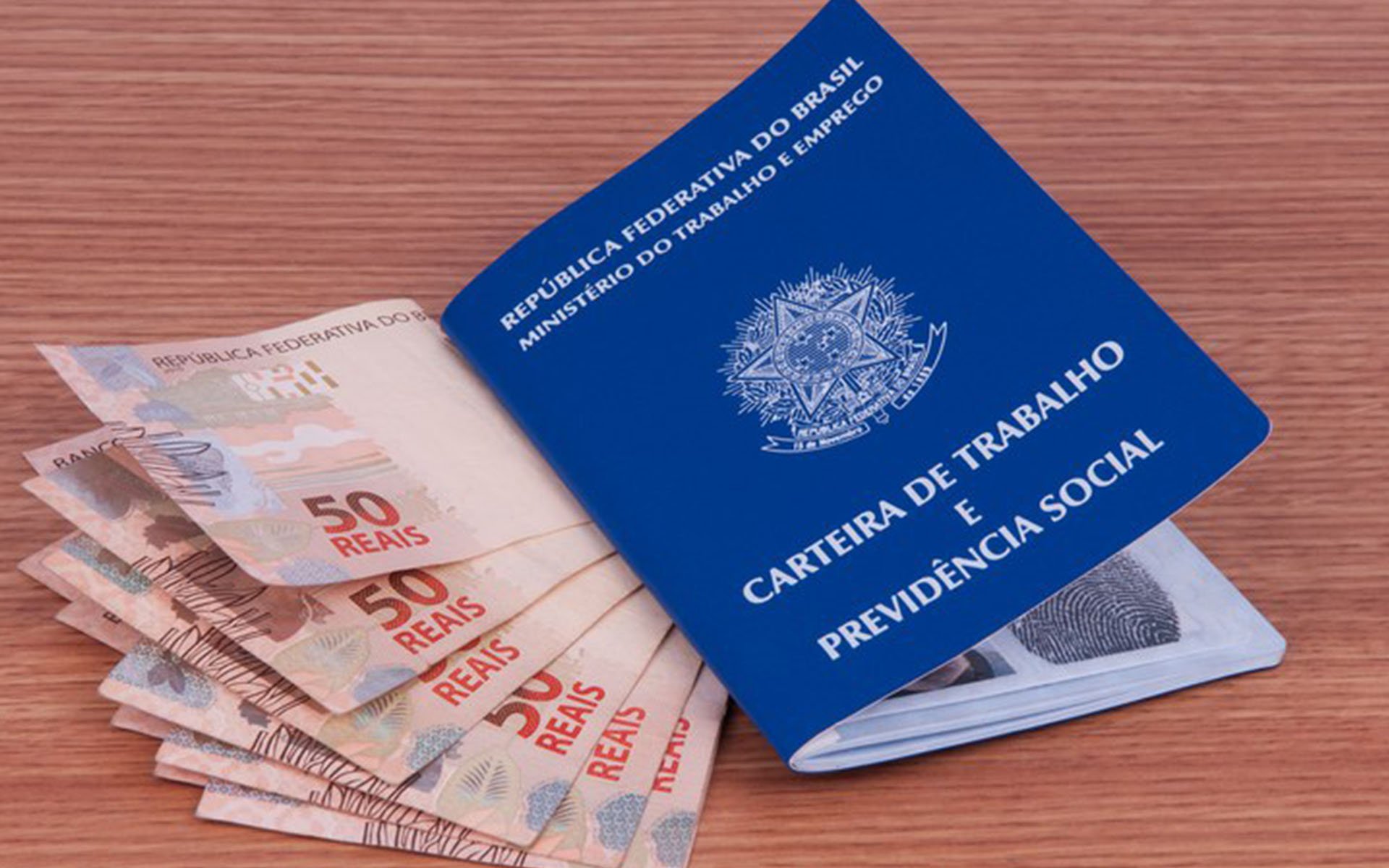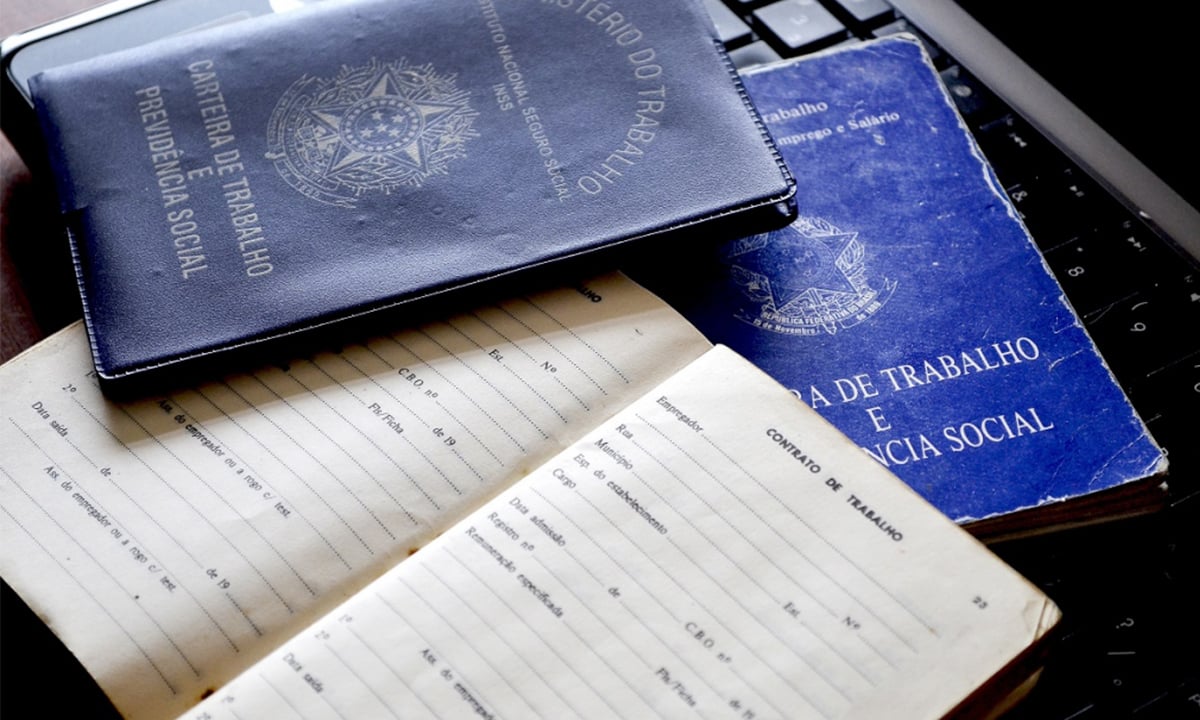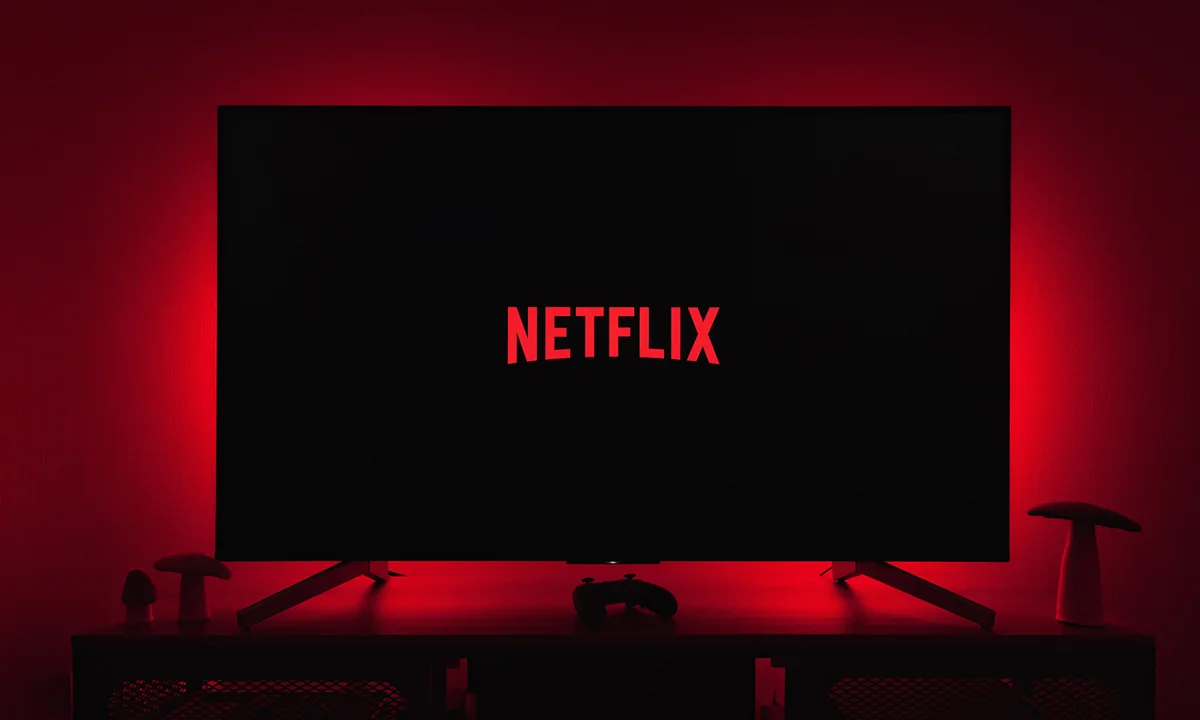Uncategorized
Stations do not reduce fuel prices and Government launches channel to report prices
Senacon, linked to the Ministry of Justice and Public Security, announced the launch of a channel dedicated to complaints about fuel prices across Brazil.
Advertisement
Senacon (National Consumer Secretariat), linked to the Ministry of Justice and Public Security, announced this week the launch of a channel dedicated to specific complaints about fuel prices across Brazil. The channel aims to combat the practice of abusive prices at gas stations, following the reduction announced by Petrobras in Gasoline, Diesel and Cooking Gas, last week.
Consumers now have the option of registering complaints through an online form, which is now available for public use.
The initiative is part of a set of measures adopted to ensure that Petrobras' decision to reduce the prices of fuel sold to distributors is implemented effectively. The reduction was R$ 0.44 per liter in the average price of diesel, which went from R$ 3.46 to R$ 3.02, and R$ 0.40 per liter for gasoline, which fell from R$ 3.18 to R$ 2 .78 in refineries.
Consumers complain about the price of fuel
However, despite the price cuts, consumers in several regions of the country reported that the discounts were not applied and, in some cases, prices even rose and then returned to the previous level, in an attempt to deceive the reduction in prices. prices.
On May 24, Senacon will coordinate a “Fair Price Task Force” across the country. The intention is to check whether gas stations are passing on price variations to end consumers correctly and whether they are complying with current rules and regulations.
In conjunction with the Procons of the states, fuel prices will be monitored in different cities in Brazil, with the highest and lowest values reported in Senacon establishments. A public report containing the data will be released on May 30.
“Understanding the Fuel Market”
The Government is providing a training opportunity with the course “Understanding the Fuel Market”, and registration continues until May 29th. The focus of the initiative is to provide knowledge about the functioning of the fuel market, presenting the characteristics of the products sold and the role of the ANP (National Agency for Petroleum, Gas and Biofuels) in regulating these activities.
Lasting 20 hours, the course was developed focusing primarily on consumers, public agents from bodies linked to consumer protection and defense, as well as professionals in the fuel sector. The objective is to provide a better understanding of this market, enabling participants to understand how it works and how the Government works to regulate it.
From now on, the Government will no longer use the PPI (International Parity Price) to set fuel prices in Brazil. The policy will be autonomous from Petrobras, which will judge the price charged in the domestic market. Lula was a supporter of this measure and promised to extinguish the PPI during his campaign.
More news on the portal: ☕ CaféPost:
About the author / Tiago Menger
Trending Topics

FGTS: Only 3 groups will be able to request the birthday withdrawal in 2023; Understand
The groups are one of the few that will still be able to request a change of modality in 2023, after the announcement of the end of the FGTS anniversary withdrawal.
Continue lendo
Minimum wage: New value of R$ 1,320 is approved by Lula; When does it come into effect?
Luiz Marinho had announced that President Lula should sign on May 1st, Labor Day, the Provisional Measure that readjusts the minimum wage
Continue lendo
Best tools to create video with artificial intelligence
Discover the best editors for creating videos with artificial intelligence and make your productions even more creative.
Continue lendoYou may also like

WHITE VINEGAR: See the Real Reason Why Brazilians Put It in the Washing Machine
Are you in the habit of adding a little white vinegar to your washing machine? By the end of this article you will certainly adopt this practice.
Continue lendo
INSS: February calendar starts on the 17th; See the dates
The INSS recently finalized the first pension payments, for the month of January, for more than 37 million insured people.
Continue lendo
Netflix: Sharing accounts will be charged sooner than expected
Netflix announced changes that could soon make the streaming service more expensive in the country. Find out more about the extra charge.
Continue lendo